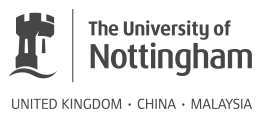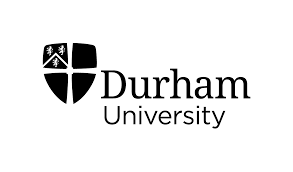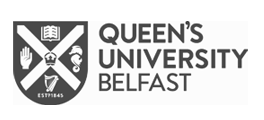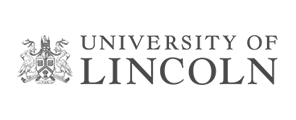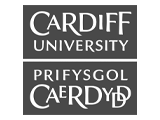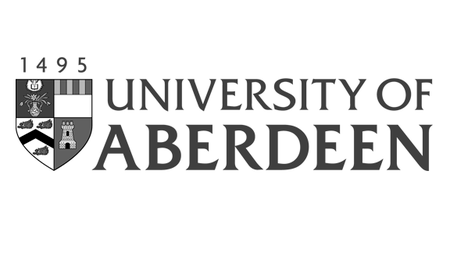Gosbert (Gos) Chagula, Co-Founder & Head of Programmes at the Startup Discovery School, is a Governance Apprentice at Queen’s University Belfast.
What made you want to get involved in GAP?
Sitting on boards was something I saw for my career; I hadn’t had a set career route and structure and so there wasn’t really a route for me to go on to boards, but I always wanted to get involved. I have a passion for and interest in education as a transformative force, and universities have such impact. GAP was an opportunity to get more experience, to observe, to learn, and to gain insights into that world. I was also interested in sitting on a board for a large organisation.
What have you gotten out of the experience so far?
Because I run programmes in my day job (I run a consultancy where we provide entrepreneurs, innovators, and people running businesses with programmes), I understand what it means to be in one of these programmes. I was aware I’d have to hustle and ask for what I wanted to get out of the experience, so I went in with that mindset.
I have spoken to all the Board Members and met some of them for coffees. After my initial mentor didn’t have the time to fully engage, I asked one of the other Board Members to mentor me for the year and to be able to get his insights on the challenges the University is facing, the politics, and the complexities, is incredible. QUB have been really open to engaging with me and have arranged for me to have a tour of East Belfast so I could get to know the area better. I thought most of the experience would come from the board meetings but there are so many additional pieces to learn from. This process has demystified board work. It is not what I expected: I thought I would get more from the technicalities, but it is more in the subtleties. My mentor is a former Permanent Secretary and has had to be in tune with the political reality in which the government operates; when you do that, you are respected and you gain trust, and that was really insightful. Everything that we do advise on or challenge on has to be within the boundaries of the University’s reality. The subtleties of conduct, how to challenge, how to command a room, how to advise, have been really useful to see.
What has been the most effective way to engage with the Board?
I came into the programme knowing that most of what I got out of it would come from me pushing for it; I emailed the Registrar, for example, who has been really helpful. QUB have been really accommodating and open to discussing some of the more challenging aspects. I have also connected the University to Innovate UK, through their entrepreneurship department, and I’m going to be speaking at their Graduate School soon (the opportunity was shared to the whole board and I asked to speak, and they were open to it). From my own programme I know that the entrepreneurs who are most successful are the ones who come in and hustle, so I am aware of it and have been creating my own opportunities. I can imagine if your university is busy, or there are sensitivities, you could feel a bit lost, not knowing where or when to push. But I wouldn’t be afraid to ask questions if things are unclear.
I’m trying to add value to the University – I am in touch with their entrepreneurship team and have connected them to a funder who wants to fund innovation in people aged between 18 and 25, and Northern Ireland is an area of focus for them. I’ve also been lucky enough to go across to Northern Ireland a few times.
How did you make that next step to a trustee role happen?
I’ve recently joined the Advisory Board of the Migration Museum, based in Lewisham, which GAP gave me the confidence to go for. I am now thinking about other board applications and feel more ready to take that on and to talk about my experiences. Now I also have a view of the politics of managing a large institution.
What would you say to anyone who is thinking of getting involved in GAP or in governance more generally?
Be proactive and think about how you can benefit the University. Keep the end goal in mind.



